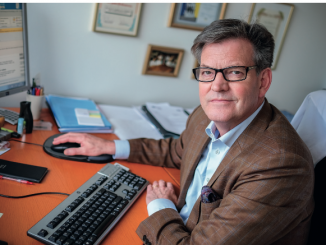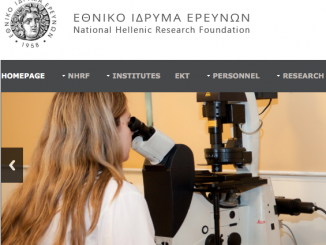Precision oncology is about understanding what is driving an individual’s cancer growth, resistance and metastasis, and then targeting those pathways accordingly. Our current research models are good at developing drugs to hit targets. They are bad at learning about which targets need hitting in which patients and how best to do that.
A truly patient-centred approach would not involve just adding the expression of a target of interest as an inclusion criterion to a given trial protocol. That is an inefficient and wasteful way of finding the right therapy for each patient, as it would have to be repeated time and again until the drug–target match is found – if it is eventually found. In addition, scarce biological materials are usually lost in commercially siloed biobanks, and no one addresses treatment questions for those patients who do not express the target.
These are outdated research models, which are heavily driven by commercial interests, using a chaotic approach, often without proper analytical validation of assays and inappropriate discriminatory cut-offs for biomarkers. They are resulting in a plethora of expensive agents arriving on the market based on regulatory trials that fail to provide answers to critical questions asked by treating physicians, patients, and those who evaluate and pay for the therapies, such as: What is the optimal duration of treatment? What are the most effective combinations and sequences?
These unanswered questions add to the uncertainty around biomarker validation and assay validation. In addition, aggressive marketing strategies lead to chaos, inefficiency and waste, with multiple versions of similar agents being developed, because each company wants a full portfolio of its ‘own’ drug combinations.
Putting the patient at the centre would require replacing the process by which trial protocols seek access to the patients they need, by a process that helps patients get access to the latest science that could help them. Such a process would start with systematic screening of every newly diagnosed patient and the biology of their disease. It would follow the patient through the course of the disease, providing longitudinal clinically annotated bio-collection, addressing tumour heterogeneity and the challenges of recurrence. This process would give patients the best chance to be matched with the best treatment for them, including via access to regulatory trials. Questions about treatment duration, combinations and sequences could be addressed by independent research.
Clinical research and healthcare models are long overdue for transformation. Systems need to be re-engineered to place patients at the centre. This means that new drug/indication trials conducted by the commercial sector and assessed as standalone by the regulatory bodies should be repositioned between two key areas of clinical research activity – they would be underpinned by research documenting the biology of the patients and their evolving disease, and matching patients to treatments, and they would be followed by further clinical research activities that answer questions about how to optimise the treatment strategies.
The starting point must be for all of us involved in developing and optimising treatments to have the intellectual honesty to admit to patients that our current models are not patient centred. We can then work together to re-engineer them.
Denis Lacombe is Director General of the European Organisation for Research and Treatment of Cancer, a major sponsor of academic clinical trials, which also runs a collaborative European platform, SPECTA, that helps deliver high-quality, translational research across tumour types and molecular alterations





